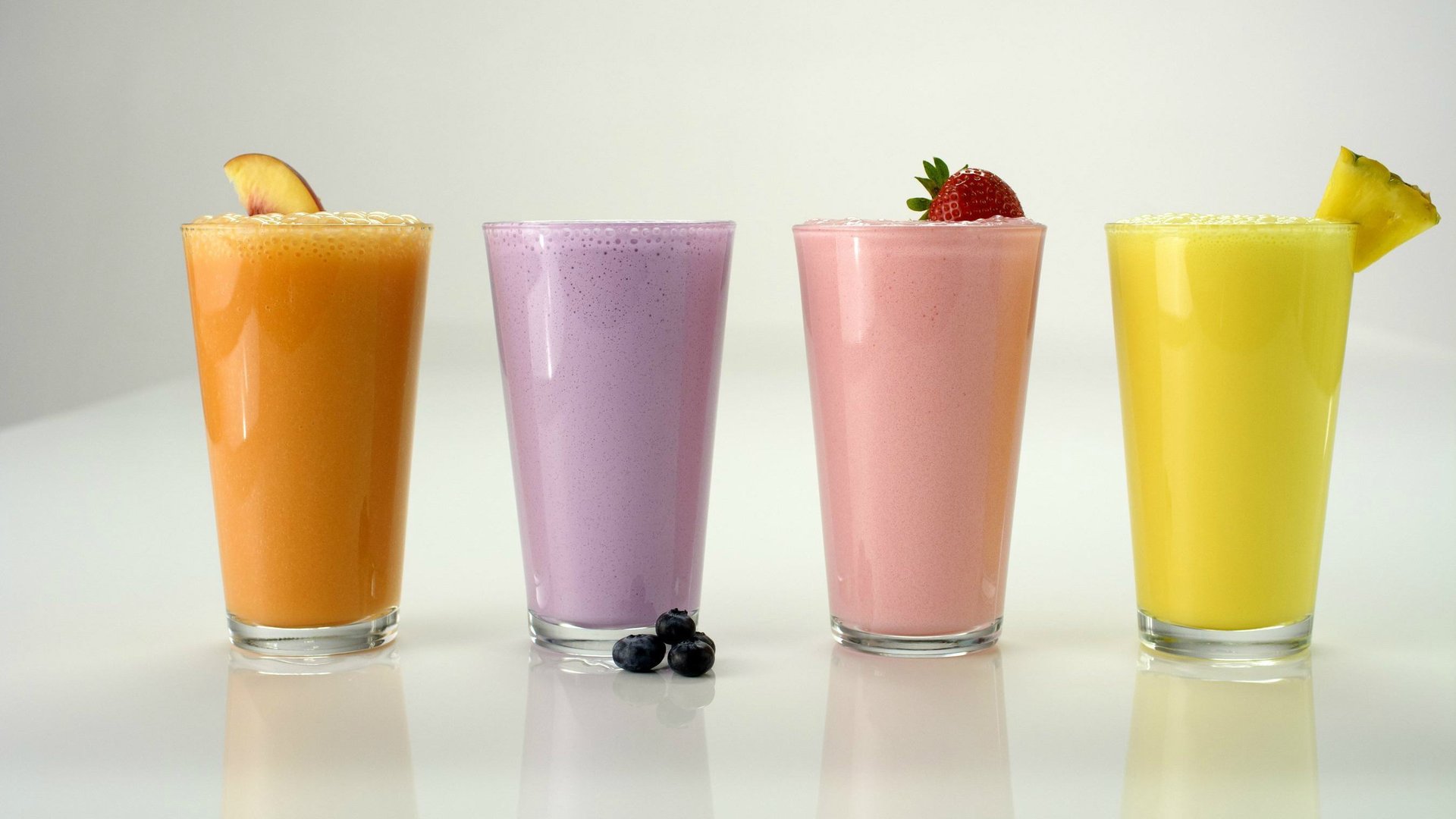US workers seeking balanced breakfasts are turning to liquid alternatives
Americans are working so fast and so hard that nearly 40% of them say it’s easier during breakfast hours to get the nutrients they need from liquids rather than solid foods.


Americans are working so fast and so hard that nearly 40% of them say it’s easier during breakfast hours to get the nutrients they need from liquids rather than solid foods.
It’s further evidence that people are choosing less and less to sit down at home in the mornings to eat an actual breakfast—or even a quick bowl of cereal—and are instead opting for more convenient options, including cereal bars, yogurt, egg-sandwiches ordered from the fast-food drive-thru line, and, increasingly, liquid breakfast alternatives.
That’s done wonders for sales of nutritional and performance drinks over the past several years, according to Mintel, a market research firm.
An on-the-go lifestyle has 35% of Americans reporting they believe they miss out on important nutrients they need to stay healthy, according to Mintel’s research. In that context, nutrient-packed beverages look like an easy, go-to option.
In fact, while nutrition experts are urging Americans to eat more whole foods (such as vegetable and fruits), 69% of people report they believe alternatives, such as performance smoothies and soylent, are more effective sources for what they need.
Overall, shoppers who buy meal-replacement drinks weigh their purchases mostly on flavor, rather than protein and fiber content. That makes the category more susceptible to competition from tea, juice, and energy drinks, and indeed Mintel research shows increasing pressure from those kinds of beverages.
There are no long-term studies on liquid diets among already healthy people, but the long-term use of tube feeding delivered by mouth or directly into the stomach (as used in hospitals) provides evidence that an all-liquid diet could give us the sustenance we need to survive. That could vary from person to person, though, as humans don’t share a uniform dietary pattern.
Of course, one major downside to the all-liquid diet is it reduces food intake to a purely utilitarian exercise, rather than a social or cultural experience.